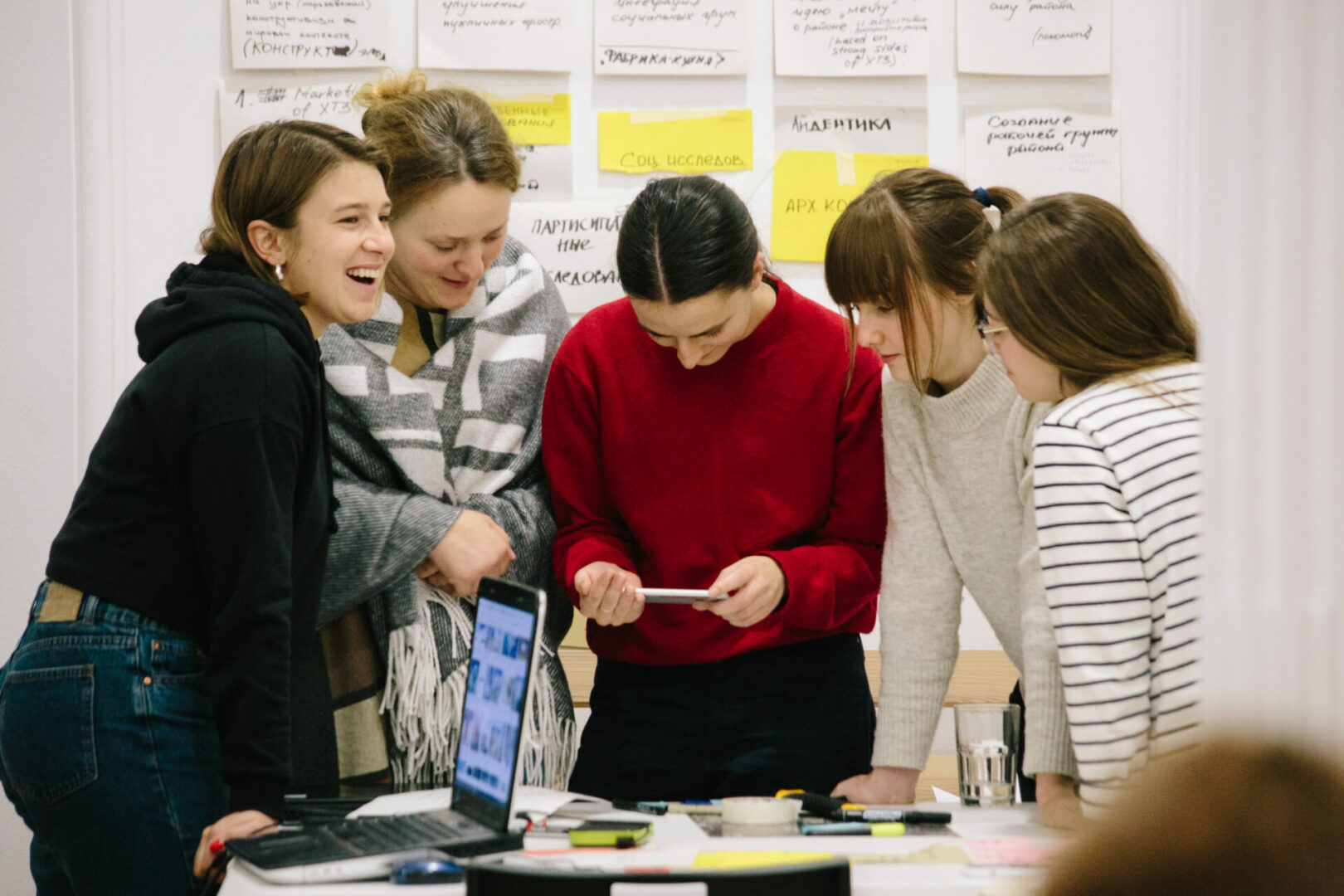OPEN CALL Dreaming up the KhTZ
12.
09
2019
In 7–11 October 2019, an interdisciplinary workshop “Dreaming Up the KhTZ” was conducted. It focused on new development scenarios for the area of the KhTZ, Kharkiv Tractor Manufacturing Plant, Ukraine.
During the workshop, the participants considered the KhTZ development potential through the prism of the “large-scale” thinking and the dream about the “new city” future.
The workshop made use of the utopian modernist tradition of creating bold new concepts of a city as a way to study various options for the KhTZ development. The workshop participants discussed these concepts in the context of Kharkiv and Ukraine.
Will the KhTZ find its own unique way to develop? Will it become an “island of growth” meeting the urgent needs of globalised capital? Will it be an expansion of the urban area? these were the key issues addressed during the workshop.
We call to transform this Soviet industrial enterprise with reverence to its important industrial heritage.
Workshop Tutors: Łukasz Pancewicz, Anastasiia Ponomariova, Anna Pashynska
All the workshop groups were working to preserve the Social Town, its industrial heritage and scale within the city of Kharkiv. To this end, the participants proposed the following steps: to set the borders of the Social Town and the basic rules for its development; to change the functions of the elements of the Social Town’s former infrastructure; to revitalise part of the industrial area of architectural and historic importance; to transform the negative attitude towards the KhTZ district into a more positive one through cultural initiatives.
Following the link to see the workshop results.
